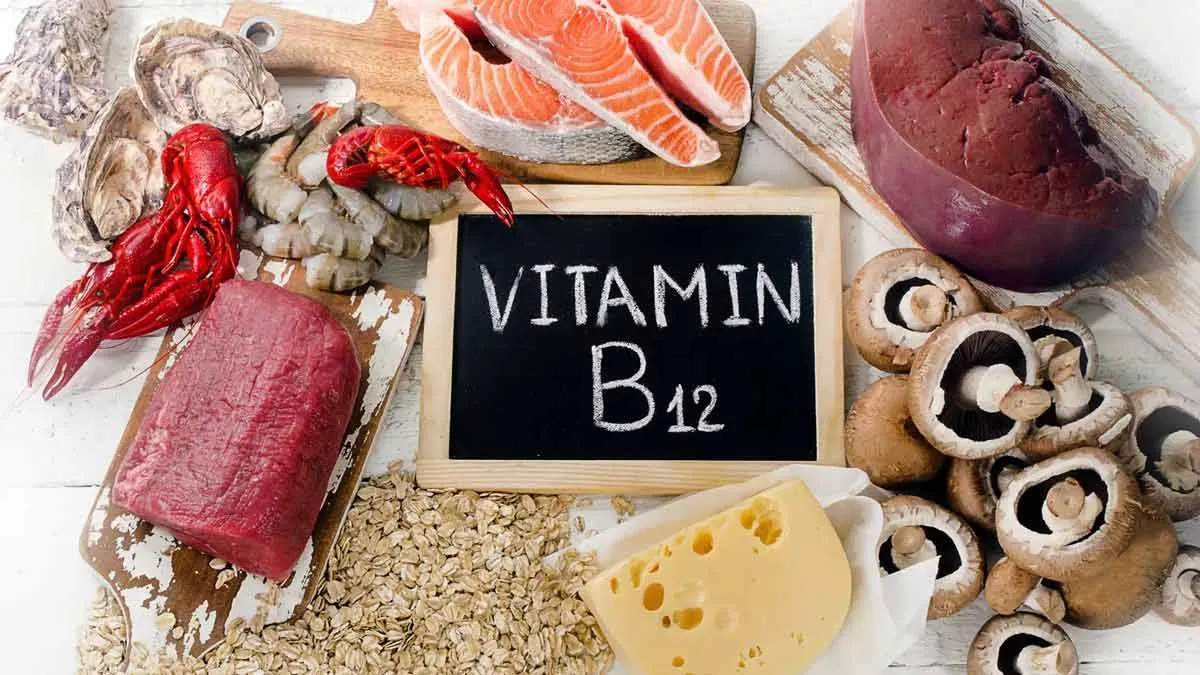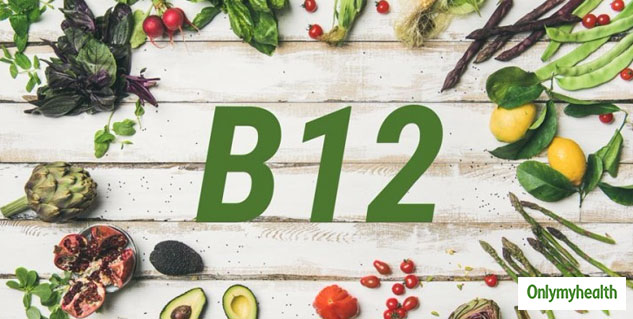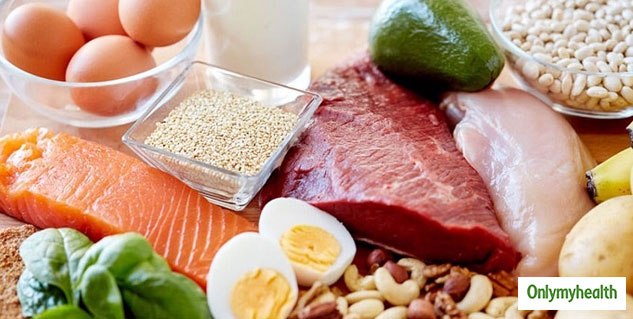
A recent health survey has sounded the alarm that a significant portion of India's population is deficient in Vitamin B12. Vitamin B12 is a crucial nutrient that supports energy production, brain function, and red blood cell formation. The study, conducted across multiple states and urban-rural populations, suggests that nearly 7 out of 10 Indians have suboptimal levels of this essential vitamin.
Table of Content:-
So why is this silent deficiency so widespread, and more importantly, what can you do to boost your levels naturally? In an exclusive interaction with the editorial team of Onlymyhealth, Dr Shrey Kumar Srivastav, Senior Consultant and General Physician, Sharda Hospital - Noida, cleared all of our doubts. Here is everything you need to know!
Why Vitamin B12 Deficiency Is So Common in India
Vitamin B12 is mostly found in animal-based foods such as meat, dairy, and eggs. With a large percentage of Indians following vegetarian or predominantly plant-based diets, natural sources of B12 are limited. Even among non-vegetarians, poor absorption, certain medications (like antacids and metformin), and age-related factors can hinder proper B12 uptake.
Symptoms of B12 deficiency include:
Persistent fatigue and weakness
Memory issues or brain fog
Tingling or numbness in hands and feet
Mood disturbances like depression or irritability
Pale skin and dizziness
If left unaddressed, long-term deficiency can lead to neurological complications and anemia.

Also Read: Invasive Strep Infections Have More Than Doubled In The US, Finds CDC Study
5 Easy Ways to Boost Vitamin B12 Levels
Adding to the above, Dr Srivastav also shared some easy ways to naturally boost vitamin B12 levels. Here is how you can do that, too:
1. Eat Fortified Foods
For vegetarians, fortified foods are a game-changer. Look for breakfast cereals, plant-based milk (soy, almond, oat), nutritional yeast, and energy bars that are fortified with B12. Always check the label for the exact B12 content.
2. Include Dairy and Eggs (If You're Not Vegan)
Milk, curd (yoghurt), paneer, and eggs are reliable sources of B12 for lacto-ovo vegetarians. Just a cup of milk or a boiled egg daily can significantly help in maintaining healthy levels.

3. Opt for Supplements
Vitamin B12 supplements come in tablets, sublingual strips, or sprays. Doctors often recommend methylcobalamin or cyanocobalamin forms of B12, especially for people with low absorption or strict vegan diets. It’s best to consult a healthcare professional before starting supplements.
Also Read: Taking A Run Or Running The Treadmill: Which Is Better For You? Find Out Here
4. Add B12-Rich Non-Veg Foods (If You're Open To It)
If your diet allows, include B12-rich foods like chicken, fish (especially sardines, tuna, and salmon), red meat, and liver. Even small servings a few times a week can improve levels significantly.
5. Get Your Levels Checked
Feeling tired all the time? Before assuming it’s just stress, ask your doctor for a simple blood test to check your B12 levels. Early detection can prevent complications and help you better plan your diet or supplements.
Bottomline
India’s B12 deficiency crisis might be silent, but it’s not unsolvable. You can stay ahead of this hidden epidemic by making informed dietary choices and monitoring your health regularly. Whether you're a strict vegetarian or simply not getting enough from your meals, there are plenty of easy ways to bridge the gap—no extreme diet changes required.
Also watch this video
How we keep this article up to date:
We work with experts and keep a close eye on the latest in health and wellness. Whenever there is a new research or helpful information, we update our articles with accurate and useful advice.
Current Version